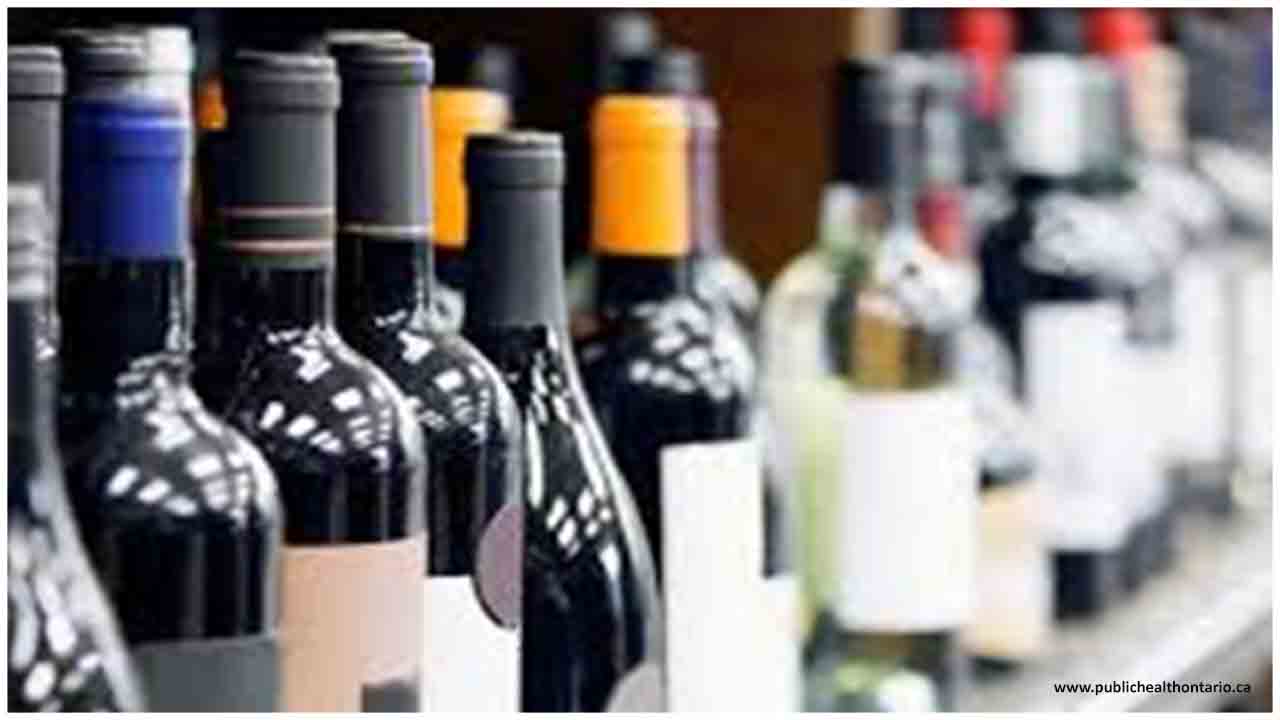As indicated by another report, the naming of mixed drinks isn't predictable or even considered in numerous nations in the WHO European Region. The new Health Evidence Network (HEN) combination report on liquor naming over the Region is the main efficient examination that covers the various ways nations name mixed refreshments and sets out strategy alternatives for specialists to consider.
Customers reserve the option to know
The naming of mixed refreshments, a WHO-suggested practice, isn't required in numerous nations of the Region. This absence of basic data is unsettling. Buyers have the right to know the substance of mixed refreshments and the potential dangers of drinking them. These are the least necessities for settling on educated choices.
This is especially significant in the European Region, which has the world's most elevated levels of liquor utilization, the most noteworthy extent of liquor use issue, and the most liquor inferable passings in the populace – around 10% of passings from all causes. In 2016, liquor utilization was the reason for more than 900 000 passings in the Region and around 3 million passings around the world.
Liquor utilization expands the danger of malignant growth, stroke, coronary illness, and transferable infections, and debilitates the invulnerable framework. In addition, substantial utilization of liquor expands the danger of intense respiratory misery condition (ARDS), one of the most serious intricacies of COVID-19. Liquor is additionally connected with wounds, savagery, and scope of emotional well-being issues including wretchedness and tension.
Non-European Union nations: stricter guidelines for the business
"The HEN report uncovers that marking rehearses in nations that have permitted the business to self-control their naming arrangements are, generally speaking, poor, not giving enough data to shoppers," said Carina Ferreira-Borges, Manager of the Alcohol and Illicit Drugs Program at WHO/Europe.
Strategy contemplations for the advancement of fruitful marking enactment should address wellbeing data, fixings, and nourishing data; guarantee directed message introduction, and be freely checked and assessed.
As per the HEN report, non-European Union nations meet the suggestions made in the WHO conversation paper on strategic alternatives for liquor naming in more than 33% of cases (36%, 8 nations altogether). Be that as it may, just a single European Union nation is completely agreeable with similar proposals.
"There is a lot to be done to get the liquor naming arrangements in the WHO European Region in accordance with WHO-exhorted rehearses. In any case, there are some positive models," included Carina Ferreira-Borges. "Non-European Union states will in general actualize stricter guidelines. Other than this, some of them have just received a worldwide law structure on marking that the European Union despite everything doesn't have. Policy-creators can bring a genuinely necessary change that can incredibly profit individuals' wellbeing."
At present, just 17% of European Member States have laws that request liquor makers to incorporate fixings, dietary benefits, and wellbeing data on names simultaneously. An aggregate of 40% have some enactment on fixing posting, 28% have laws on wellbeing data marking or alerts on liquor items, and 19% have some enactment on the incorporation of dietary benefits.
Positive marking models
As per the HEN report, various Member States are getting mindful of the need to seek after progressively dynamic approaches to control naming practices.
Experience from the Eurasian Customs Union (ECU) (Belarus, Kazakhstan, and the Russian Federation) gives important knowledge on how a working multigovernmental way to deal with liquor naming can blend distinctive authoritative frameworks. The ECU received 3 specialized guidelines that oblige makers to remember a rundown of fixings and dietary benefits for the names of food items and mixed refreshments. By 2019, every one of the 3 arrangements of specialized guidelines was concluded. The consequences of this strategy presently should be evaluated by a free review.
France has presented a law ordering marking for every mixed refreshment with notice against drinking during pregnancy. The nation's specialists implanted the guideline inside a more extensive system to bring issues to light of the damages of drinking liquor during pregnancy. Ongoing investigations have just indicated improvement in open mindfulness. The French Health Minister reported the consideration of a measure to improve the permeability of the pregnancy logo in the National Public Health Plan for 2018–2022.
The Russian Federation has embraced stricter liquor marking guidelines. It partitioned the far-reaching procedure to bring enactment into littler solicitations. Russian Federal Law No. 171 on the creation and course of liquor (which additionally directs liquor marking) was first presented in 1995, yet has since been altered in excess of multiple times. This bit by bit procedure helped the nation to accomplish progress in accordance with WHO proposals.
To effectively follow the WHO European Action Plan to Reduce the Harmful Use of Alcohol 2012–2020 and the WHO Global Strategy to Reduce the Harmful Use of Alcohol, nations of the Region ought to consider receiving solid and far-reaching marking strategy choices. The HEN report surrenders full and to-date data that is vital for strategy producers.
The examination was completed with monetary help from the Government of Germany, the Government of Norway and the Government of the Russian Federation inside the setting of the WHO European Office for the Prevention and Control of Noncommunicable Diseases.

 WHO guidelines to alcohol labelling most countries lagging behind in promoting healthier choices
WHO guidelines to alcohol labelling most countries lagging behind in promoting healthier choices









.jpeg)

.jpeg)
.jpeg)

.jpeg)


.jpeg)



.jpeg)
.jpeg)
.jpeg)


.jpg)


.jpeg)
.jpeg)